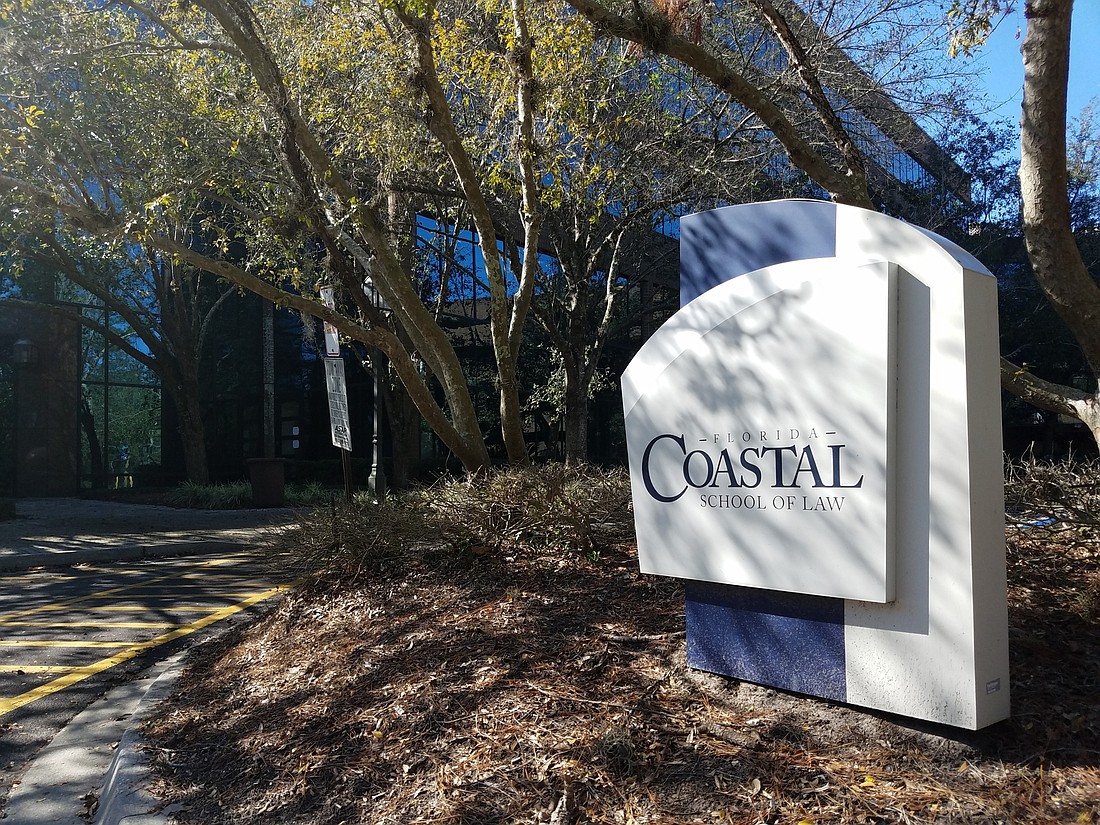
The 18 students beginning their legal education this week at Florida Coastal School of Law have a median Law School Admission Test score of 150, a 4-point increase from the 2017 spring term, and a 6-point increase compared to the fall 2016 incoming class.
The new class also has a median undergraduate GPA of 3.01, up from 2.77 for last year’s spring term first-year class.
Raising admission standards is part of a plan implemented by Florida Coastal to improve outcomes for post-graduate students who are seeking a career as an attorney. The minimum LSAT score that will be required for admission this fall is 147, with the goal for the median to be at least 151.
The LSAT is a half-day standardized test designed to help law schools select qualified applicants by providing a standard measurement of reading and verbal reasoning skills needed for success in law school.
The test is graded on a scale of 120 to 180; nearly 109,000 prospective law students who took the test from June 2016 to February 2017 had a median score of 150.77.
Based on data from the American Bar Association, the 150 LSAT score for Florida Coastal’s new enrollees is equal to or better than 51 accredited law schools in the U.S. and five of the 11 law schools in Florida.
The spring class is 67 percent female and 33 percent male, compared to the national average of 51 percent female for all law schools.
“Women have outnumbered men for the past three years,” said Florida Coastal Dean of Admissions Tony Cardenas.
It’s also a more ethnically diverse class, compared to the national average, with 22 percent Hispanic students and 17 percent African-American, compared to national averages of 12 percent and 11 percent, respectively.
“Florida Coastal always averages about 40 percent (ethnically diverse students). That’s higher than most law schools,” Cardenas said.
The spring class comprises students from eight states, one international country and 18 colleges and universities.
Cardenas said it takes about six months to recruit a student to Florida Coastal, a for-profit law school. Tuition is about $46,000 per year. That’s the current average for private, full-time law schools, according to the U.S. News 2018 Best Law Schools rankings.
In comparison, tuition at the University of Florida Levin College of Law or Florida State University College of Law is about $22,000 per year.
“Not everybody is a good fit for Florida Coastal,” said Cardenas. “It’s a substantial economic commitment to your career.”